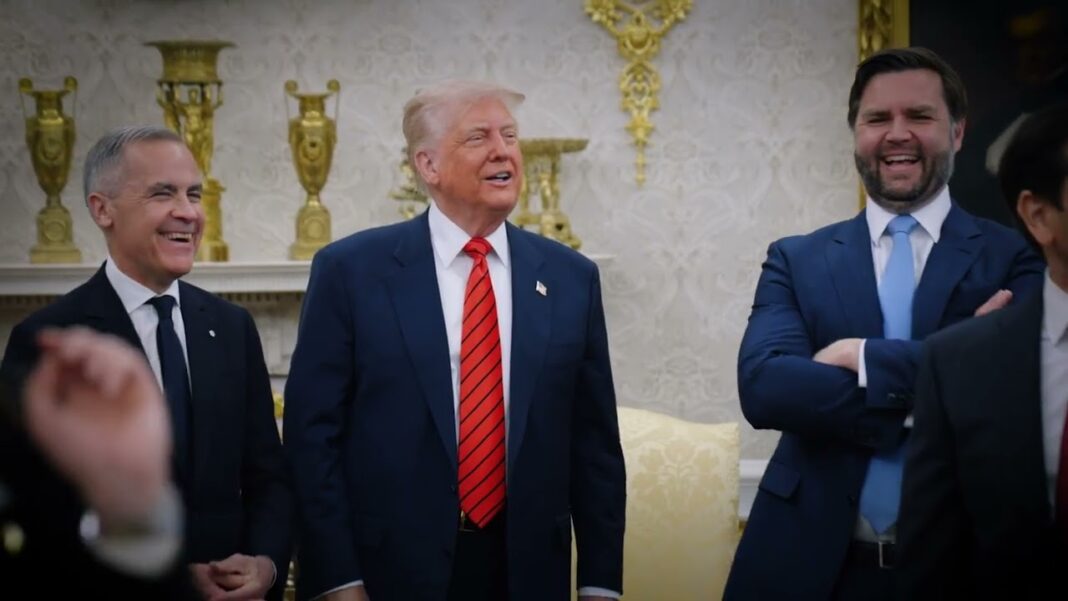Award-winning China expert David Shambaugh served in the U.S. Department of State and on the National Security Council staff during the Carter administration.
A U.S. scholar says policymakers are divided into five distinct—and sometimes competing—schools of thought on how to handle the Chinese Communist Party (CCP).
David Shambaugh, 72, an award-winning author and professor of Asian Studies at George Washington University, is in Australia promoting his latest book, Breaking the Engagement: How China Won and Lost America.
Shambaugh’s research suggests that China’s economic rise and the CCP’s militarisation in recent years has divided the foreign policy community—on matters like how to perceive the CCP’s motives, but also in how the West should respond.
Shambaugh previously served in the U.S. Department of State and on the National Security Council during the Carter administration (1977- 1979)
1. The CCP a ‘Stealthy Rival’
One school of thought sees the CCP as a “stealthy rival.”
“The idea here is that China has a secret grand strategy to undermine, overtake, and replace the United States as the world’s principal power,” Shambaugh told the audience at the University of Sydney’s U.S. Studies Centre on June 26.
“For this school, all the dots connect in China’s domestic and global behaviour, and they point to a regime doing its best to undermine the United States and the international, global liberal order.”
2. ‘Comprehensive Competition’
The second school, the “comprehensive competition school,” refers to a loose coalition of policymakers and experts who argue that the United States is locked into direct competition with Beijing across various spheres.
This includes security, diplomacy, commerce, technology, higher education, ideology, and international and domestic politics.
“This school argues the U.S. needs to go on the offence in each of these spheres and push back against China, and to resist China while advancing America’s own national interests.”
3. The ‘Re-Engagement’ School
Contrary to the previous two, the third group is the supposed “re-engagement school.”
“Needless to say, most of the people in this school were very much part of the engagement school in the previous decades, many of them [are] former government officials,” Shambaugh said.
The China expert explained that this group blamed the United States for the bilateral relationship’s deterioration in the last decade.
“These people haven’t changed their mind. They still argue for re-engaging the Chinese. They think that you have to get back to the old engagement strategy [and] should never have abandoned it under [Presidents] Trump and Biden in the first place,” he said.
“[They believe] that the strategy still serves American interests. Well, China, according to them, is not an adversary or even a competitor of the United States.”
By Cindy Li







